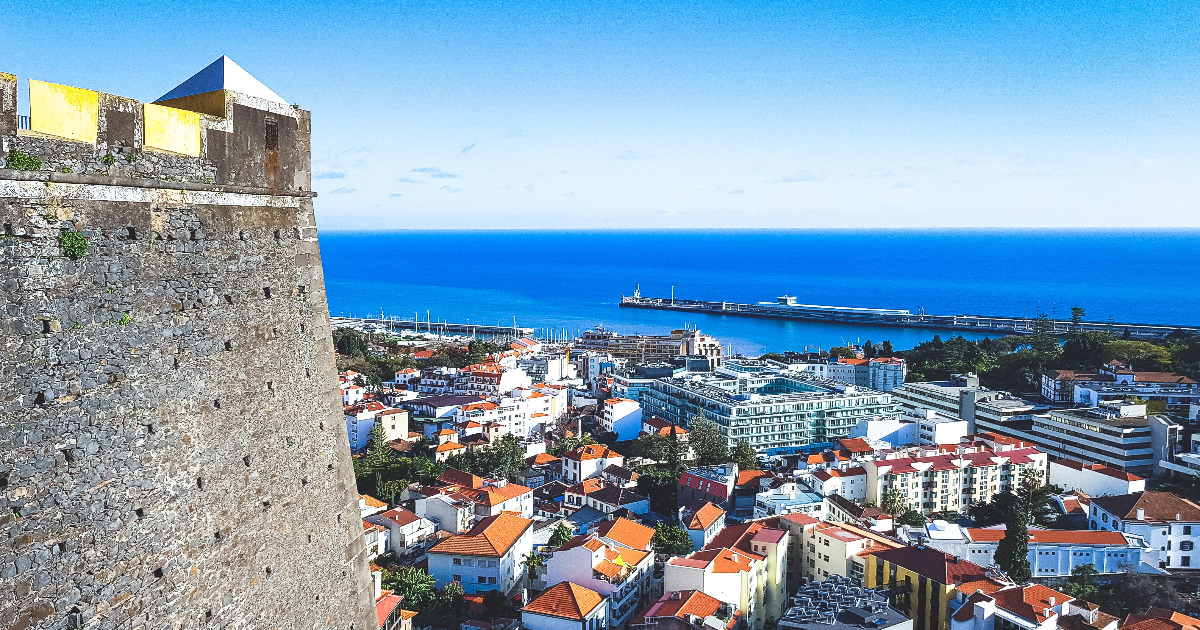The Non-Habitual Resident (NHR) Portugal program is a special tax regime applicable to the foreign income of natural persons. This program is specially designed for people who wish to transfer their residence to Portugal. Persons eligible for the non-habitual residence regime (NHR) have the status of tax resident in Portugal. They are taxed at a reduced rate (or exempt from taxation in some instances). The NHR status is valid for ten consecutive and non-renewable years unless the taxpayer becomes a tax non-resident for five years before submitting a new application to the scheme.
Non-Habitual Resident Portugal: Requirements
To qualify for this special taxation regime, one must comply with the following requirements:
- Not have been deemed tax resident in Portugal in the previous five years (a tax residence certificate and proof of tax paid abroad may be required).
- Acquiring Portuguese tax residence. Either by having lived for more than 183 days (consecutive or not) in Portugal in any period of 12 months starting or ending in the relevant year; or having a house, at any time throughout the 12 months, in such conditions that allow presuming the intention to hold and occupy it as the habitual place of residence.
- Non-EU/EEA citizens will need to obtain a valid visa from the Portuguese Embassy/Consulate of their country of residency that entitles them to have a residency permit in Portuguese territory. (e.g., a Golden Visa, a Passive Income Visa or another type of visa).
- EU/EEA citizens must obtain an EU/EEA Citizen Residency Certificate from the City/Town Hall with jurisdiction over their tax address.
- Apply for the registration as Non-Habitual Tax Resident until 31 March of the year following registration as resident (e.g. 2017– registration until 31 March 2018).
Recognition of the NHR status is not automatic and requires a formal application with the Portuguese Tax and Customs Authority. Additionally, in case of a random audit of one’s application, documents proving tax residency in the five previous years (e.g., Tax Residency Certificates and proof of tax settlement abroad) can be requested. Having such records with you at the time of application is crucial.
Reporting obligations
All residents, for tax purposes, in Portugal are required to report annually their worldwide income and foreign bank accounts held to the Portuguese Tax and Customs Authorities. Those qualifying as NHR are not exempt from such reporting obligations.
Failure to comply with the annual tax reporting obligations may incur criminal liability.
Tax exemptions
Foreign income
- Taxation exemption on employment income is granted if the income is subject to taxation in the source country, under the applicable Double Taxation Agreement, or are considered not to be derived from a Portuguese source.
- Pensions are subject to a flat tax rate of 10%. If they are subject to tax in the source country, a tax credit may apply under the applicable Double Taxation Agreement.
- Freelancer income / Independent Contractor derived from high value-added service activities, with a scientific, artistic or technical character, are also exempt if these can be taxed in the country of source, with which Portugal has a Double Taxation Agreement or, in the absence of such agreement, when the income is not to be considered obtained in Portuguese territory.
- Taxation exemption on other types of foreign-sourced income (interests, dividends, capital gains, income from immovable property (rents), royalties, intellectual property income and business income) if these can be taxed in the country of origin under a Double Taxation Agreement concluded between Portugal and the respective State or; if these types income may be taxed in the State of origin under the OECD model of tax convention (excluding tax havens) in cases where there is no Double Taxation Agreement.
Income generated in Portugal
- Employment income and business or professional income derived from high added value activities are taxed at a flat rate of 20%.
- Remaining employment and business or professional income (not considered of high added value) and other types of income shall be aggregated and taxed according to the general taxation rules.
Other types of income
Any other type of income obtained abroad (such as business or professional income), not covered by this tax regime for non-habitual residents, will be taxed on Portuguese territory according to the rules set in the Portuguese Tax Code, i.e., according to the convention to eliminate double taxation held by Portugal and the source State, in case there is one; or in case there is no Convention, apply the unilateral standard to eliminate international juridical double taxation.
Non-Habitual Resident Portugal: High-Added Value Jobs
- General Manager and Executive Manager of Companies
- Directors of Administrative and Commercial Services
- Production and Specialty Services Directors
- Hotel, restaurant, trade and other service directors
- Experts in the physical sciences, mathematics, engineering and related techniques
- Doctors
- Dentists and stomatologists
- University and Higher Education Teacher
- Information and Communication Technology (ICT) Experts
- Authors, journalists and linguists
- Creative and performing arts artists
- Intermediate science and engineering technicians and professions
- Information and Communication Technology Technicians
- Market-oriented farmers and skilled agricultural and livestock workers
- Skilled, market-oriented forest, fishing and hunting workers
- Skilled workers in the industry, construction and craftsmen, including skilled workers in metallurgy, metalworking, food processing, woodworking, clothing, crafts, printing, precision instrument manufacturing, jewellers, craftsmen, electrical workers and in electronics.
- Plant and machine operators and assembly workers, namely stationary and machine operators
The workers included in the aforementioned professional activities shall possess at least a level 4 qualification on the European Qualifications Framework or a level 35 on the International Standard Classification of Education. Alternatively, they must have five years of duly proven professional experience.
Please note that the above list may be updated through a Ministerial Order issued by the Minister of Finance.
Donations, inheritance and gifts tax
- There is no wealth tax.
- There is no inheritance tax for spouses, descendants or ascendants. Otherwise, a 10% rate applies.
- There is no gift tax for spouses, descendants or ascendants. Otherwise, a 10% or 10,8% (in the case of real estate) applies.
Given the above, it is not surprising that Madeira Island, Portugal, attracts many expats looking for a life under the sun, with favourable taxation and incredible quality of life.
This article is provided for general information purposes only and is not intended to be, nor should it be construed as, legal or professional advice of any kind.

Miguel Pinto-Correia holds a Master Degree in International Economics and European Studies from ISEG – Lisbon School of Economics & Management and a Bachelor Degree in Economics from Nova School of Business and Economics. He is a permanent member of the Order of the Economists (Ordem dos Economistas)… Read more




